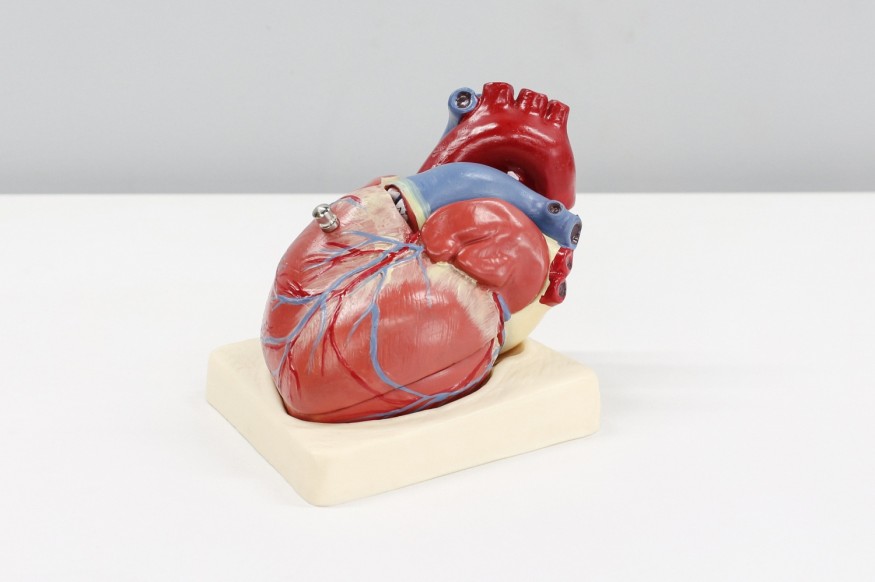
The human heart cannot heal itself after suffering from a cardiac arrest. But the new technique discovered by scientists at King's College London in the UK can help regenerate heart muscles instead of forming a scar.
The new technology is based on the mRNA technology that Pfizer-BioNTech and Moderna used to develop their COVID-19 vaccines. Scientists studied and tracked genetic codes that generate proteins to create healthy cardiac cells after a heart attack. Human trials for the novel technology are due to start in two years.
COVID-19 Vaccine mRNA Technology Used to Regenerate Heart Muscles in Groundbreaking Discovery
What Happens During Heart Attack?
According to the National Heart Foundation of Australia, most heart attacks occur due to coronary artery disease, also known as atherosclerosis. A heart condition happens when there is a gradual build-up of fatty plaque in the coronary arteries that makes them narrow and stiff over time.
With narrower arteries, it becomes more difficult for oxygenated blood to reach the heart muscle, which may result in pain and discomfort, known as angina. More so, plaque cracks could lead to a blood clot and block a coronary artery, cutting off blood supply to a part of the heart muscle and causing a heart attack.
At this time, the heart muscle has lost blood supply and starts to suffer from injury. The damage depends on the size of the area supplied by the blocked artery as well as the time between the injury and treatment, according to the American Heart Association (AHA).
But the heart muscle damaged during a heart attack heals by forming scar tissue and usually takes several weeks. Although the heart is a tough muscle, the damage during a heart attack weakens it and makes it unable to pump as much blood as usual. After a heart attack, proper treatment and lifestyle changes are encouraged to limit or prevent further damage.
World's First Cure for Heart Attack Uses mRNA Technology
The new technology from the UK scientists proposes a way for the heart to repair itself to prevent heart failure, Daily Star reported. Study lead author Professor Mauro Giacca explains that every heart has a specific set number of muscle cells and that they are exactly the same ones people will die with.
Until now, regenerating heart muscles have only been a dream. Giacca said they use the same technology as the Pfizer and Moderna vaccines to inject mRNA into the heart to reach out to surviving heart muscles and activate their proliferation. The new cells will then replace the damaged ones and make new heart muscles instead of becoming a scar.
The team was able to identify three proteins that stop heart muscle cells from dying. Injecting them immediately after a heart attack while in the back of an ambulance or immediately when the patient reaches the hospital will help save heart muscles.
Human trials are due within two years and if they go well, it could become a revolutionary treatment for cardiovascular medicine. The team noted that treatment for heart attacks and heart failure has remained very similar for five decades and unlocking these secrets could help heal hearts.
RELATED ARTICLE : New AI Technology Detects Invisible Patterns of MRI to Accurately Predict If and When a Person Dies From Cardiac Arrest, Study Claims
Check out more news and information on Heart Health in Science Times.











